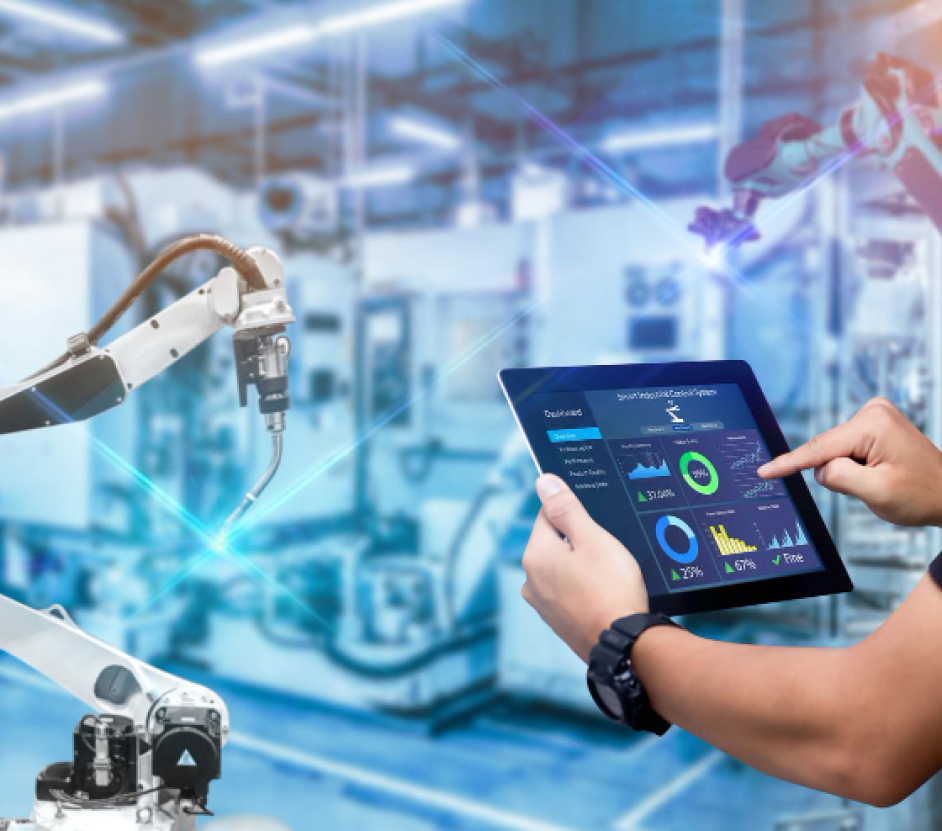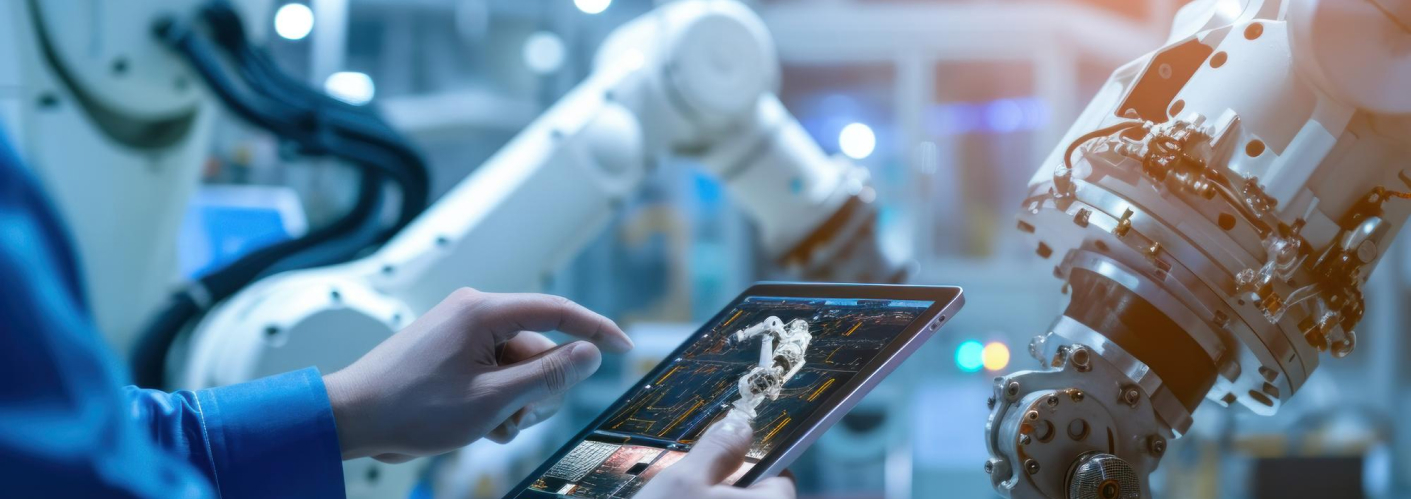What is a Digital Factory? A digital factory is a virtual replica of a physical factory that simulates production processes using a 3D CAD model (digital twin). It helps manufacturers analyze designs for profitability, manufacturability, and sustainability.
What are the key benefits of a Digital Factory for Indian manufacturers? Digital factories help Indian manufacturers reduce costs, accelerate time to market, improve product design, and optimize supply chains by simulating different production processes, labor rates, and materials specific to the Indian market.
Can Digital Factories help with cost reduction in manufacturing? Yes, digital factories allow manufacturers to create accurate “should cost” models. These models help evaluate the total cost of production, including materials, labor, and overhead, providing insights to negotiate better pricing and optimize design.
How can Digital Factories enhance supply chain agility in India? Digital factories enable Indian manufacturers to simulate different sourcing scenarios, identify cost-efficient suppliers, and streamline the negotiation process. This makes it easier to adapt to supply chain disruptions and find alternate solutions quickly.
How cost-effective is Additive Manufacturing for Indian companies? Additive Manufacturing can be highly cost-effective, especially for low-volume production, prototyping, and custom parts. It reduces the need for expensive tooling and molds, minimizes material waste, and allows for faster iteration during the design phase. However, the cost-effectiveness depends on the specific application and production volume.
What materials can be used in Additive Manufacturing? A wide range of materials can be used in Additive Manufacturing, including various plastics, metals (such as titanium, stainless steel, and aluminum), ceramics, and composites. The choice of material depends on the specific application, desired properties of the final product, and the type of additive manufacturing technology being used.
What are the challenges of adopting Additive Manufacturing in India? While Additive Manufacturing offers many advantages, challenges include the high initial investment, a need for skilled labor, and limited awareness or understanding of the technology in some industries. Additionally, ensuring the quality and consistency of 3D-printed parts can be challenging, especially for critical applications.
How does a digital factory work? A digital factory utilises a 3D CAD model to simulate the manufacturing process. The digital factory automatically extracts information such as geometry properties, tolerances, complexity, size, surface finish, material, and weight from the 3D model. By configuring factors like routings, equipment types, production volumes, and costs, the digital factory provides a comprehensive simulation of the entire manufacturing process.
How does a digital factory support Design to Cost (DTC)? Design to Cost (DTC) is a method for integrating cost management into design decisions. Digital factories aid DTC by offering real-time insights into the cost structure of a product. This enables design teams to quickly pinpoint and address cost drivers, ultimately helping meet or exceed cost targets without sacrificing product quality.
How can Indish Technologies help implement Digital Factory solutions in India? IndishTech specializes in providing comprehensive Digital Factory solutions tailored to the Indian manufacturing sector. With expertise in digital twin technology, simulation, and automation, IndishTech helps companies streamline production processes, reduce costs, and enhance product designs. Their solutions integrate seamlessly with existing systems like PLM, ERP, and IoT, enabling manufacturers to optimize for profitability, sustainability, and efficiency






